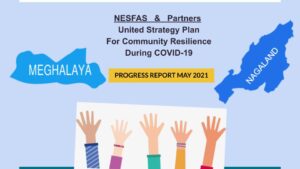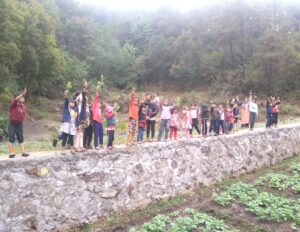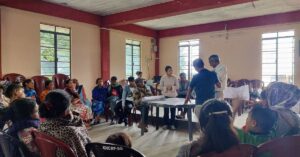On the occasion of International Women’s Day 2022, under the United Nation’s theme “Gender equality today for a sustainable tomorrow”. We celebrate the women taking charge and leading the path towards sustainable food systems.
Meet our Indigenous Food Sheroes who are also active members of our Agroecology Learning Circles (ALCs), contributing to our current project “Empowering indigenous communities through Agroecology Learning Circles (ALC) for resilient, integrated and innovative natural resource management” supported by MBMA and funded by WORLD BANK.
Let us honor their contribution to a healthy local food system.
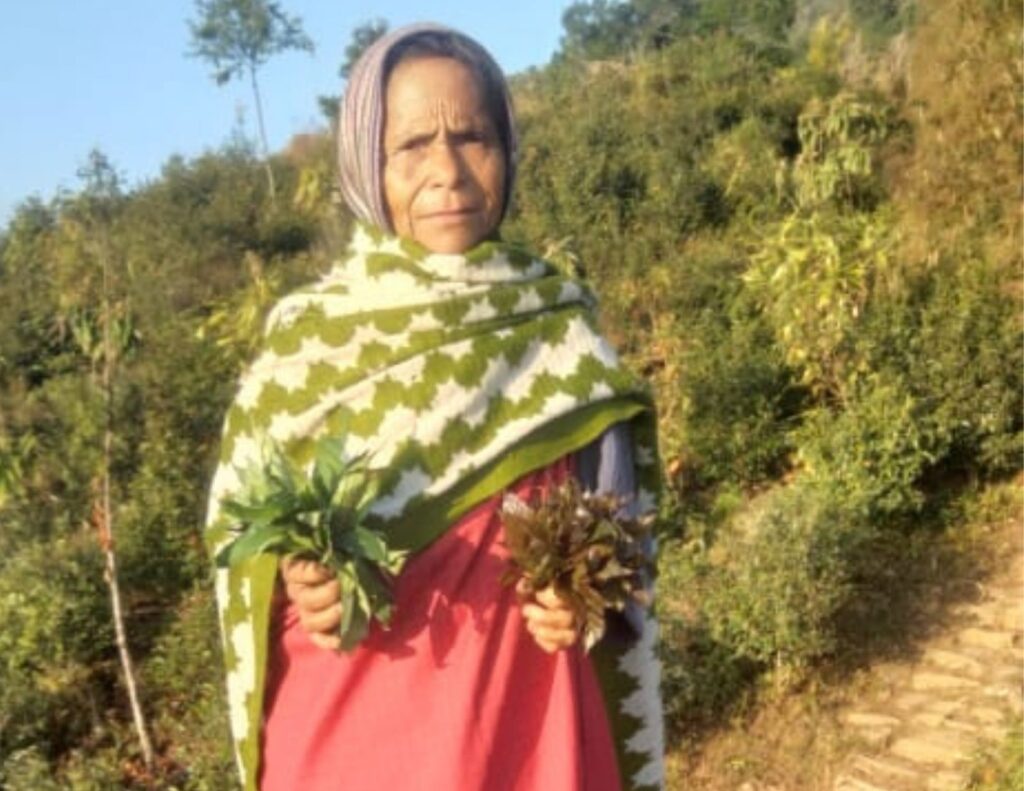
– Jingimmisda Pyngrope Mawpynthymmai, East Khasi Hills, District
As a woman, it is my responsibility to impart knowledge of our traditional food system and soil health management to our younger generation. It is of the utmost importance that we (women) develop a passion and love for traditional farming, as it is inherited to us by our ancestors. We also have to involve pregnant and breastfeeding mothers in understanding the values of eating healthy and nutritious foods that come from our traditional food system.
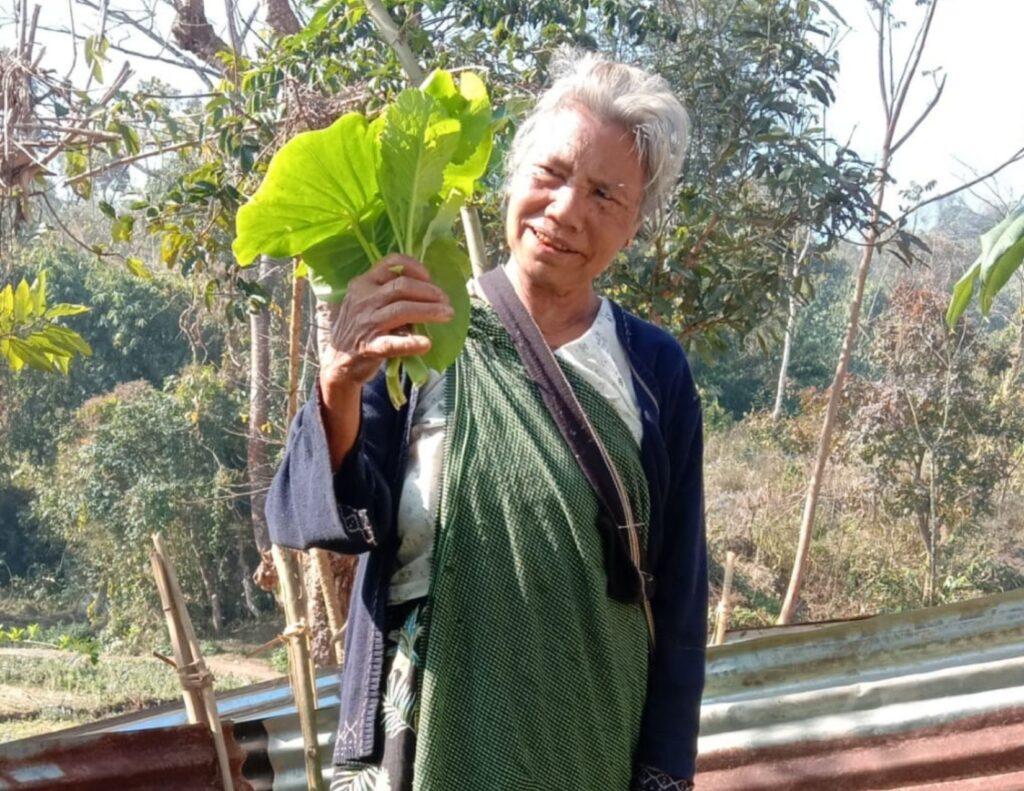
– Wing Lamare, Madanrtiang, Ri-Bhoi, District
I believe that it is upon us women to take responsibility and strengthen our roles to safeguard traditional farming practices, and follow our forefathers’ footsteps. One of the important aspects of natural farming is to get rid of chemicals, as they hamper soil health. To enhance chemical-free farming, we need to build awareness and spread knowledge about traditional farming methods far and wide.
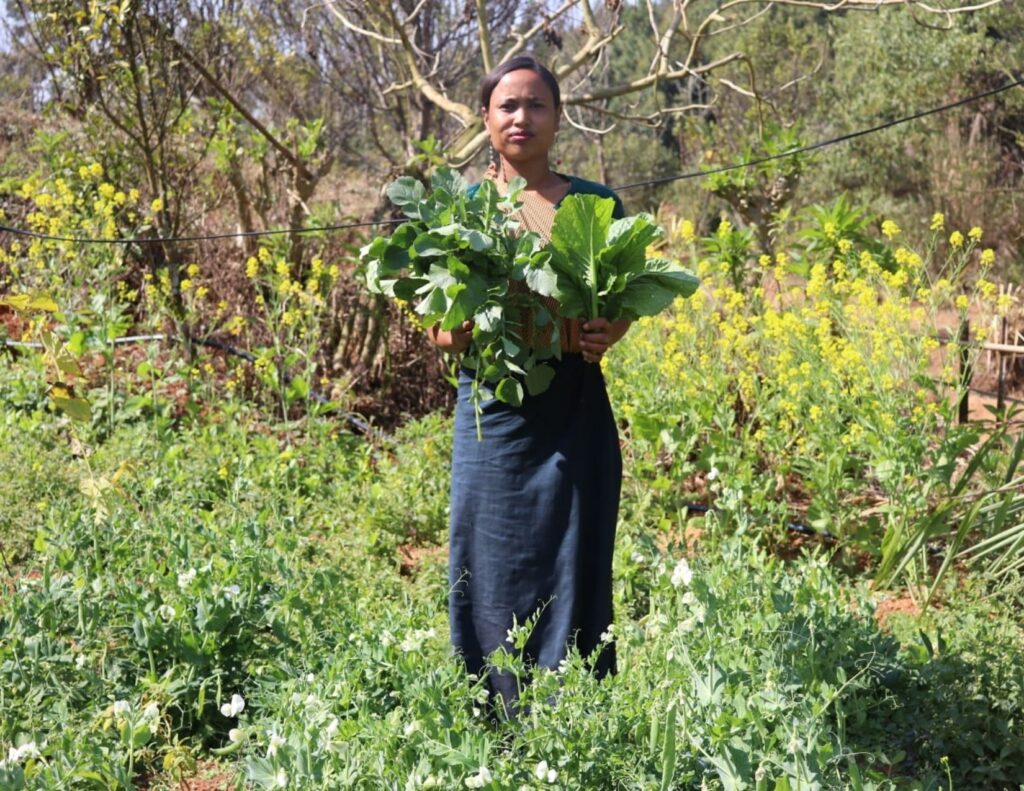
– Kitboklang Suchiang, Mulum, West Jaintia Hills, District
To preserve traditional farming methods, we need to plant traditional seeds that are passed down from custodian farmers as they are not hybrids. We also need to take the initiative of going about natural pest management practices. I urge my fellow women farmers to bring change through their little innovations and to try to avoid the use of chemicals as much as possible.
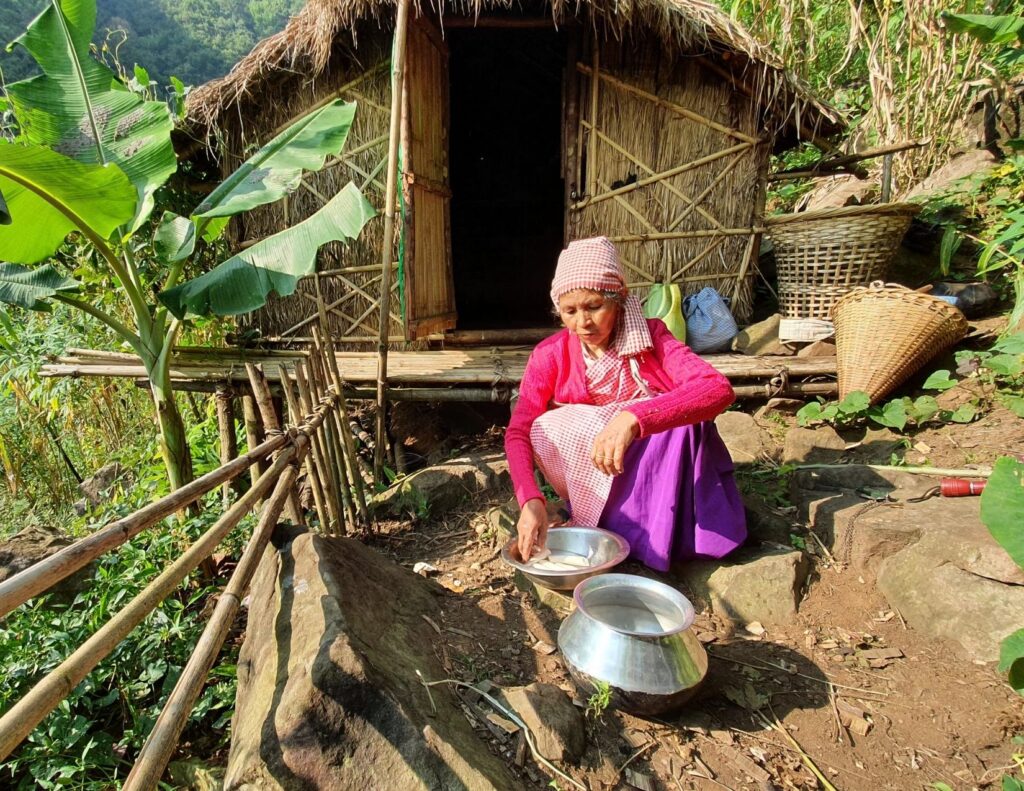
– Shulati Sohkhlet, Dewlieh, East Khasi Hills, District
As a Jhum farmer I cultivate more than 30 species of food plants in the field and in my garden, and it is enough for me and my family. I also share seeds with fellow farmers in my community and I urge them to cultivate varieties of food plants for the well-being and livelihood of our community.
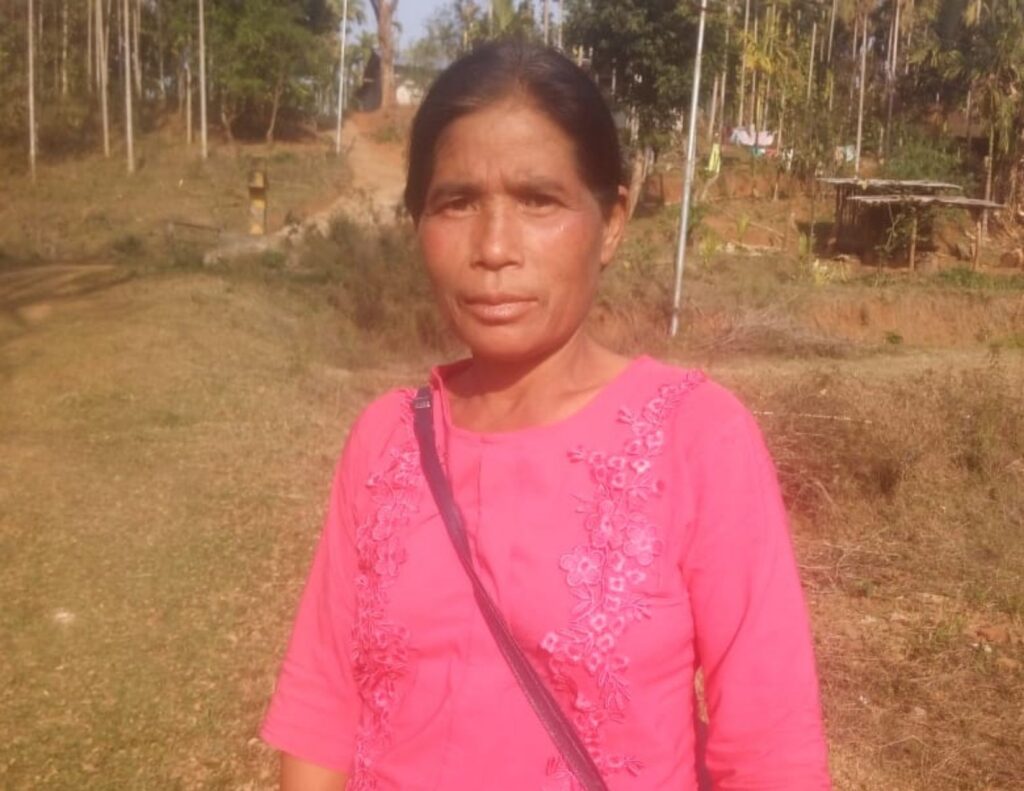
– Sunthilla Ch Momin, Daribokgre, East Garo Hills, District
As a woman (homemaker) and a farmer I have roles in both changing the food systems as well as making them sustainable. I also, have to make sure that our house does not go without food and as a farmer I have to make sure that the food production system is not harming the environment. This way, the ecological system will in turn ensure that our food system is stable and sustainable throughout our life for our children and their future.

